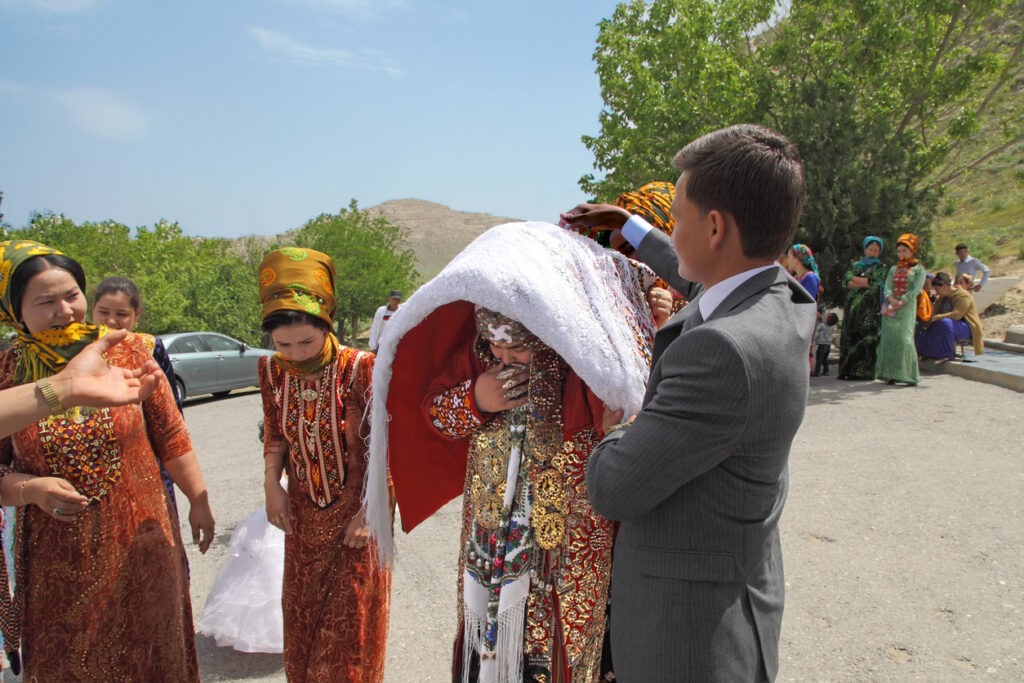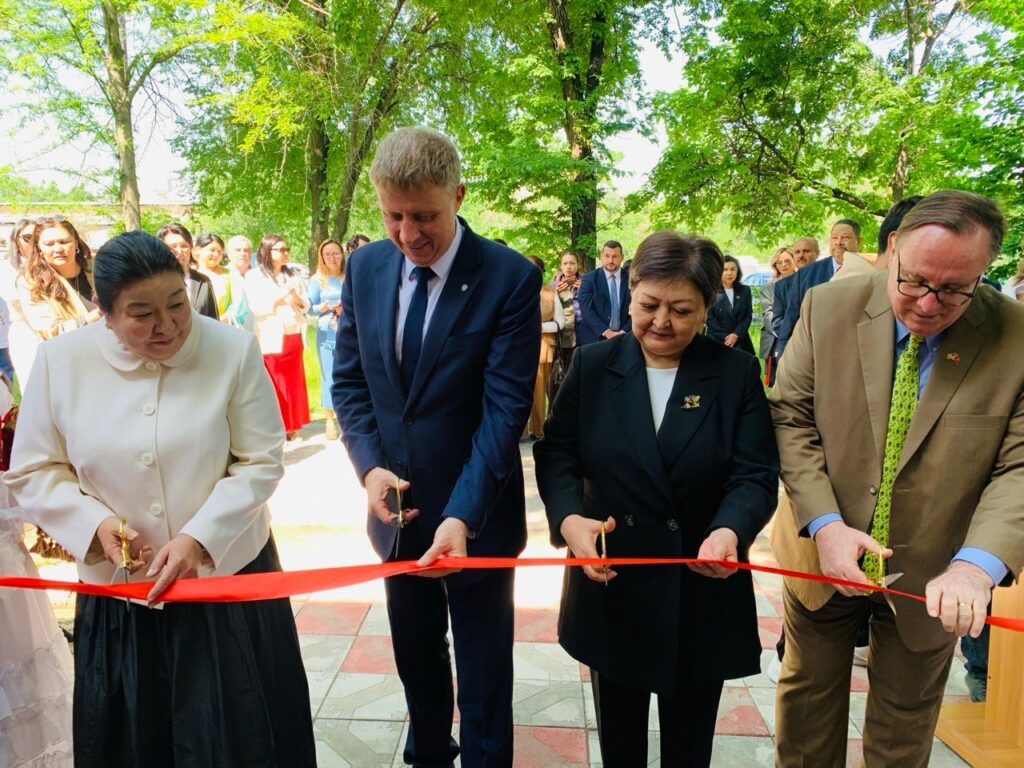Shakespearean Passions Unfold in Turkmen Village Over Marriage Dispute
A heated conflict erupted in the village of Yangala in Turkmenistan's Ahal province over an 11th-grade girl's decision to marry her boyfriend from a neighboring village. The girl's parents firmly opposed her plans to marry a young man from Kopetdag, sparking tensions that escalated dramatically on December 31 when the girl ran away with her fiancé. In an attempt to resolve the situation peacefully, elders and relatives from the fiancé’s side formed a delegation to negotiate with the girl’s family. The six-member group, which included a 75-year-old elder, visited the girl’s home but was met with hostility. The negotiations devolved into a violent altercation, with verbal insults escalating to physical confrontation. The girl's relatives pelted the visitors' cars with stones, smashing windows and headlights. One of the delegates suffered injuries from a hunting rifle loaded with salt. Police intervened, detaining several individuals involved in the fight, while the injured were taken to the hospital. The elder, who sustained bruises during the skirmish, refused to press charges, stating, “I came to settle the conflict, not to bring any of the girl's family to jail.” To de-escalate the situation, the district khakim (head of the local administration) convened a meeting with representatives from both families. The khakim tasked his deputy with finding a resolution acceptable to all parties within 15 days. He warned that if reconciliation proved impossible, the case would be referred to the prosecutor's office. The incident highlights the ongoing challenges faced by women in Turkmenistan, particularly in matters of marriage. Despite legal guarantees of gender equality under the country’s Family Code, which states that marriage requires the free and full consent of both parties, societal norms and family pressures often undermine these rights. Women in Turkmenistan frequently face coercion and violence when their choice of spouse conflicts with family expectations. International human rights organizations have repeatedly reported violations of women’s rights in the country. A UN Foundation report reveals that 12% of Turkmen women have experienced physical or sexual violence within the family, though the real figures are likely higher due to underreporting in the country’s restrictive environment. The lack of effective legal mechanisms to protect women from domestic violence further exacerbates their vulnerability. Women who defy family opposition to marriage often face social stigmatization and even violence. The turmoil in Yangala illustrates the enduring influence of patriarchal traditions in Turkmen society and the broader struggle for women’s rights. As authorities work to mediate the conflict, the case underscores the urgent need for stronger protections for women in Turkmenistan to ensure that their legal rights are upheld in practice.






